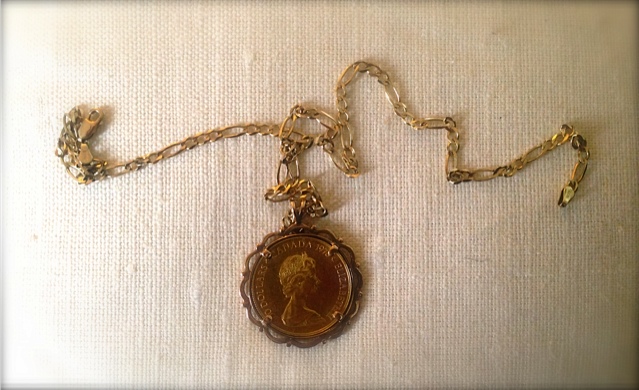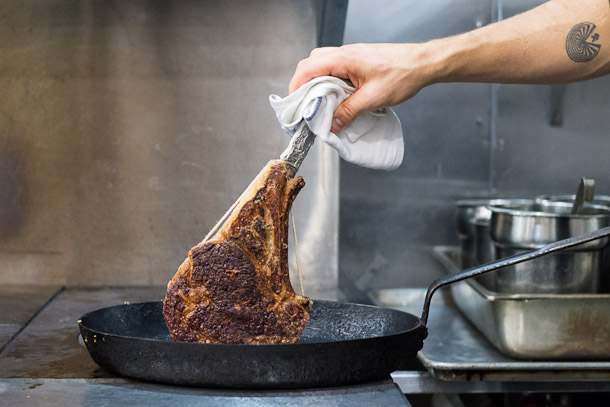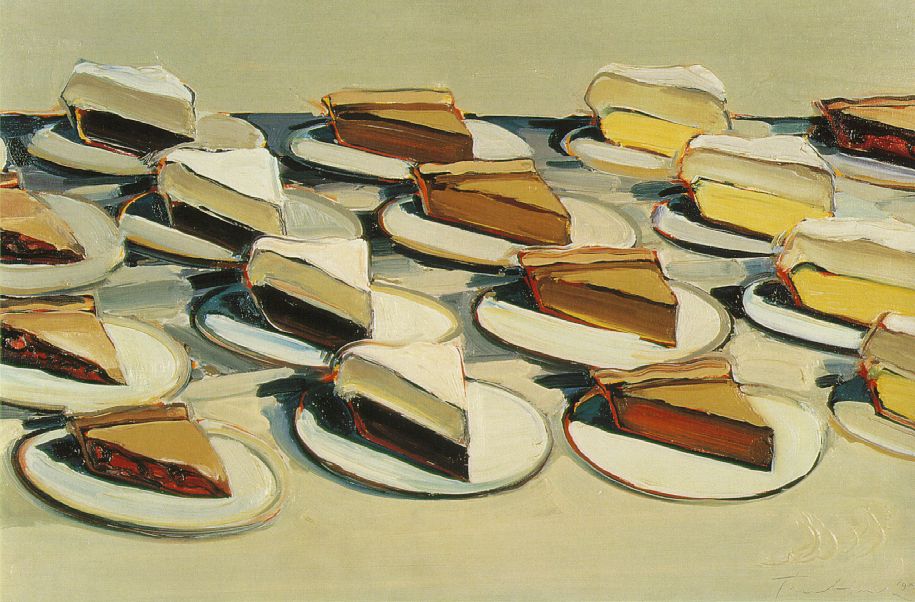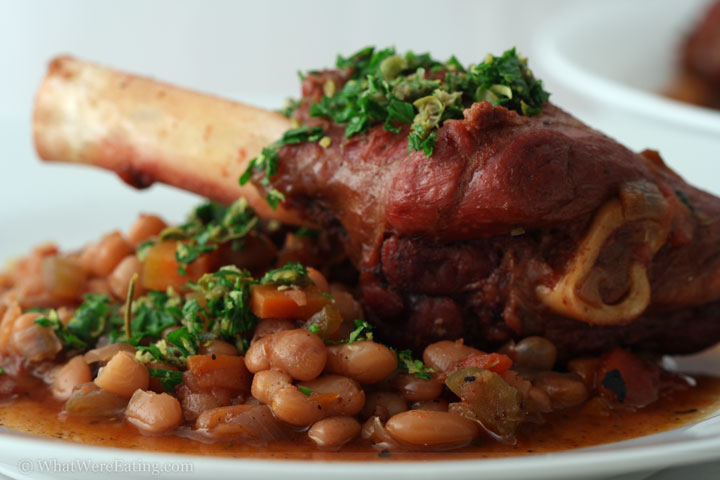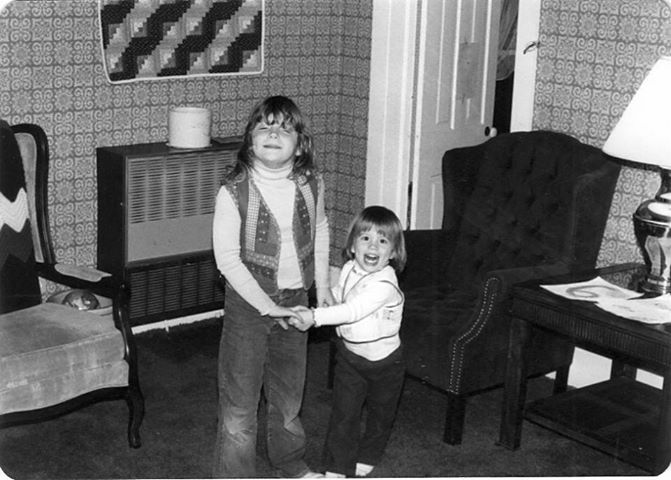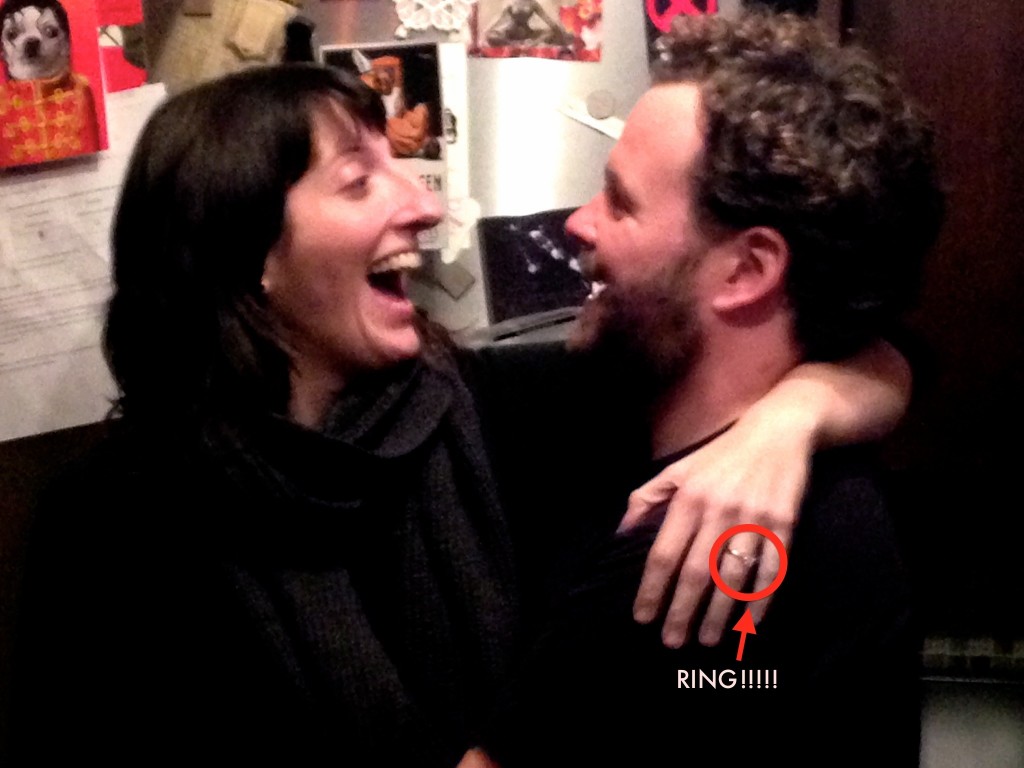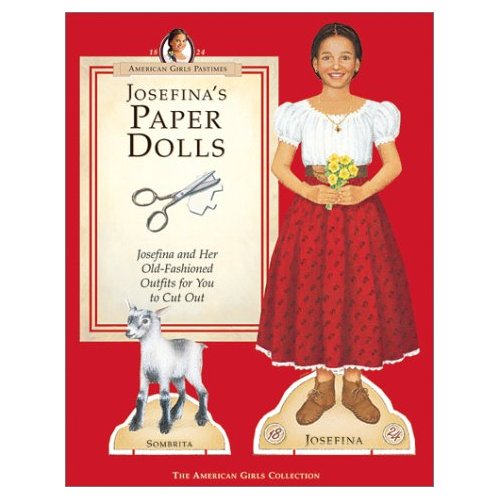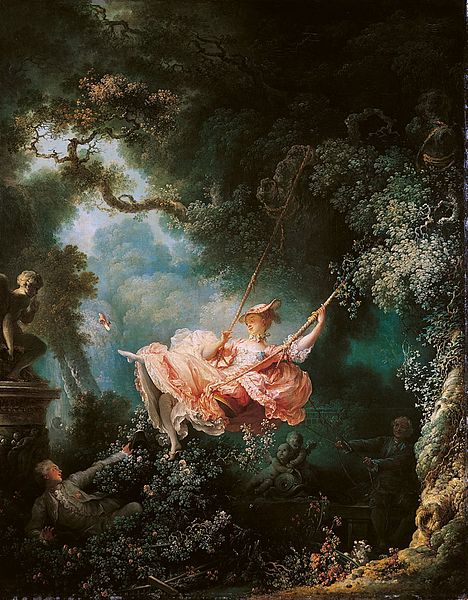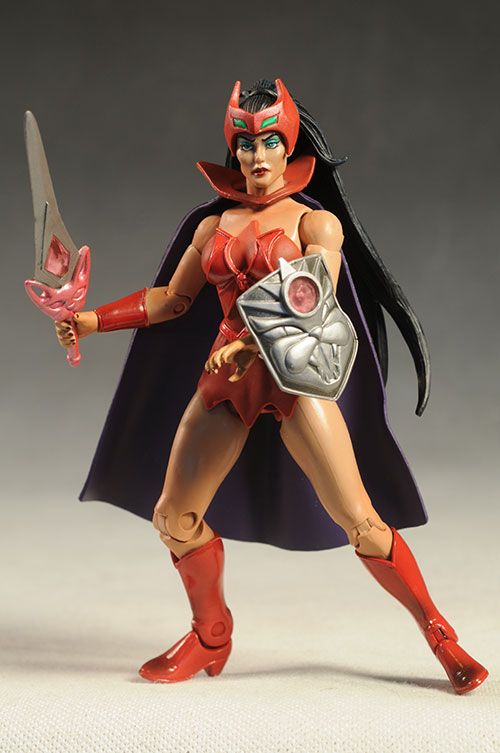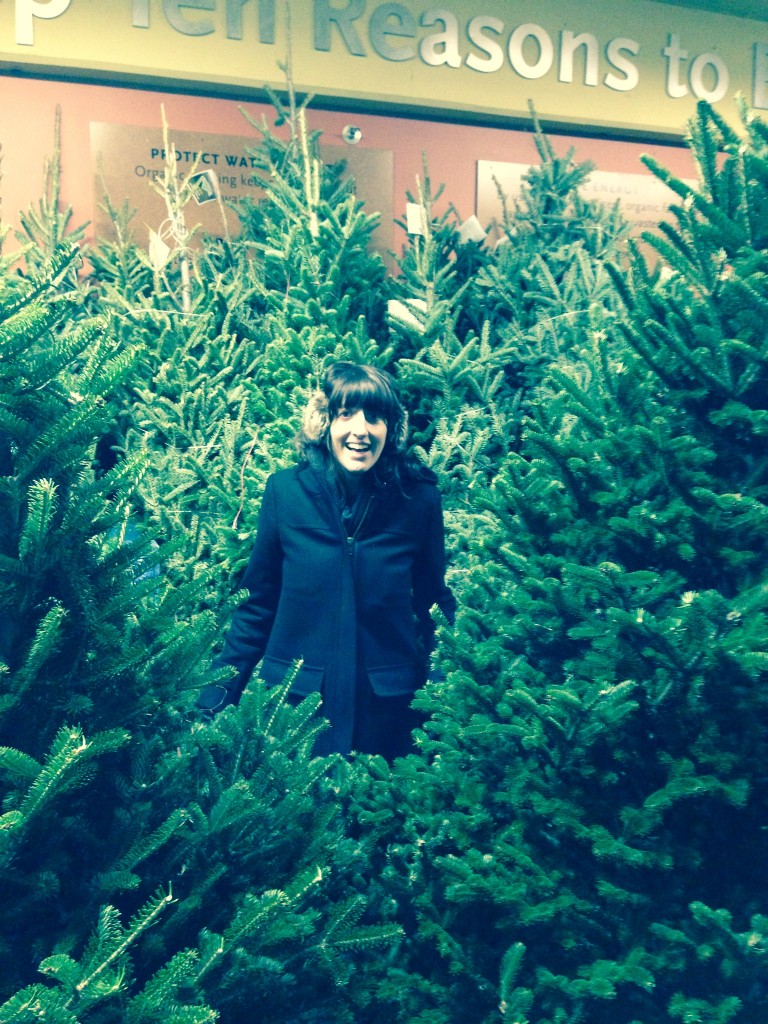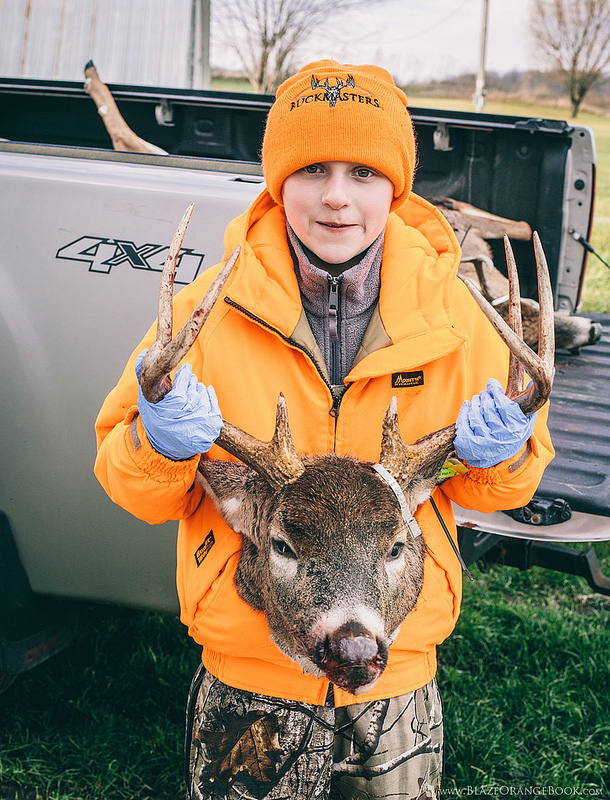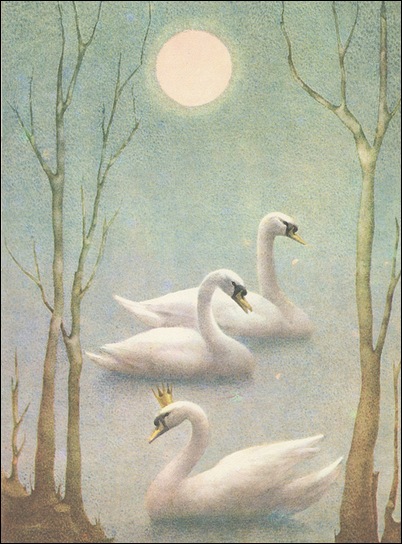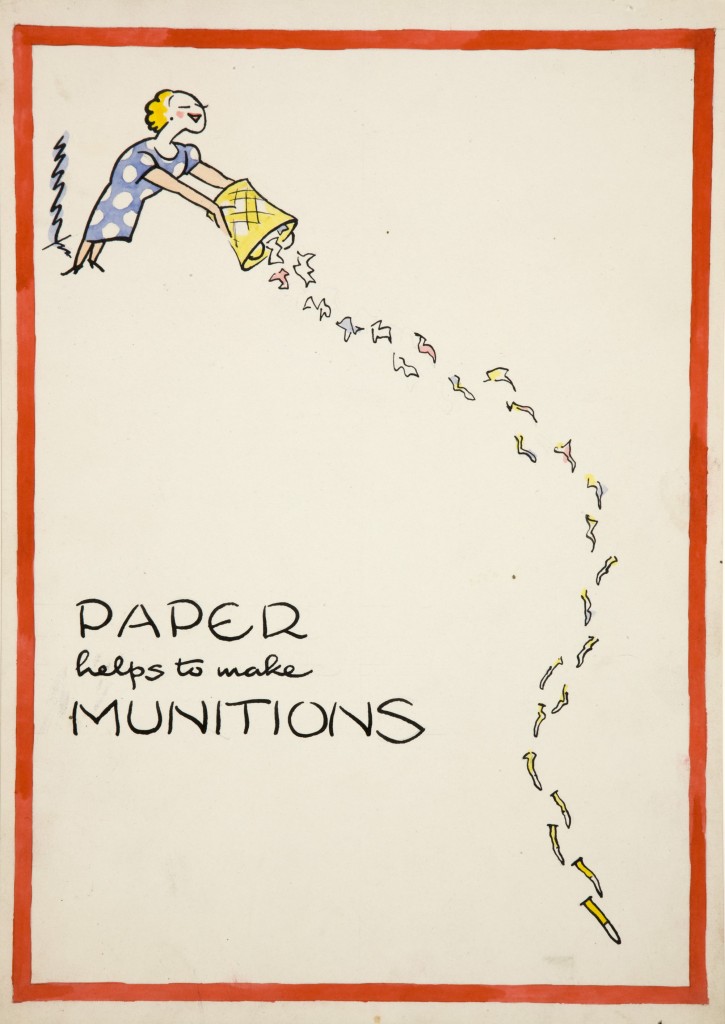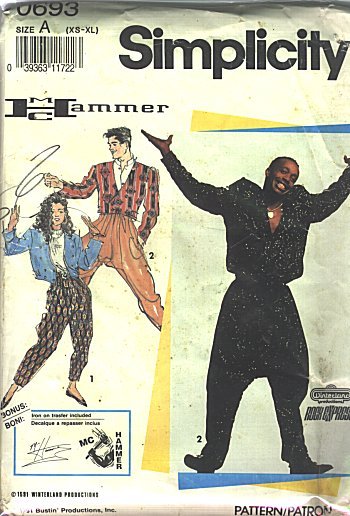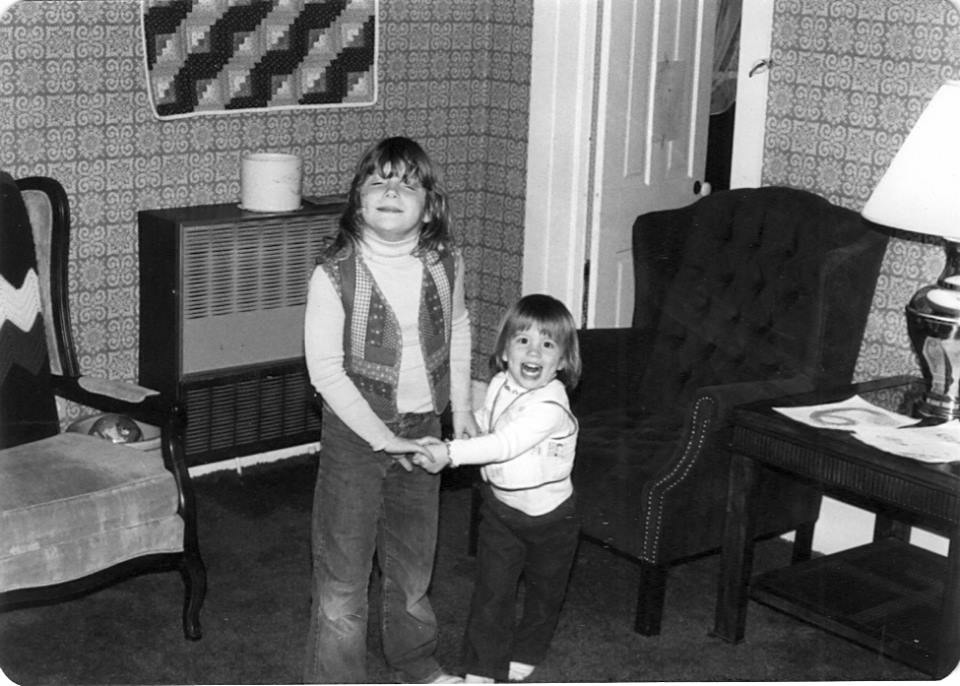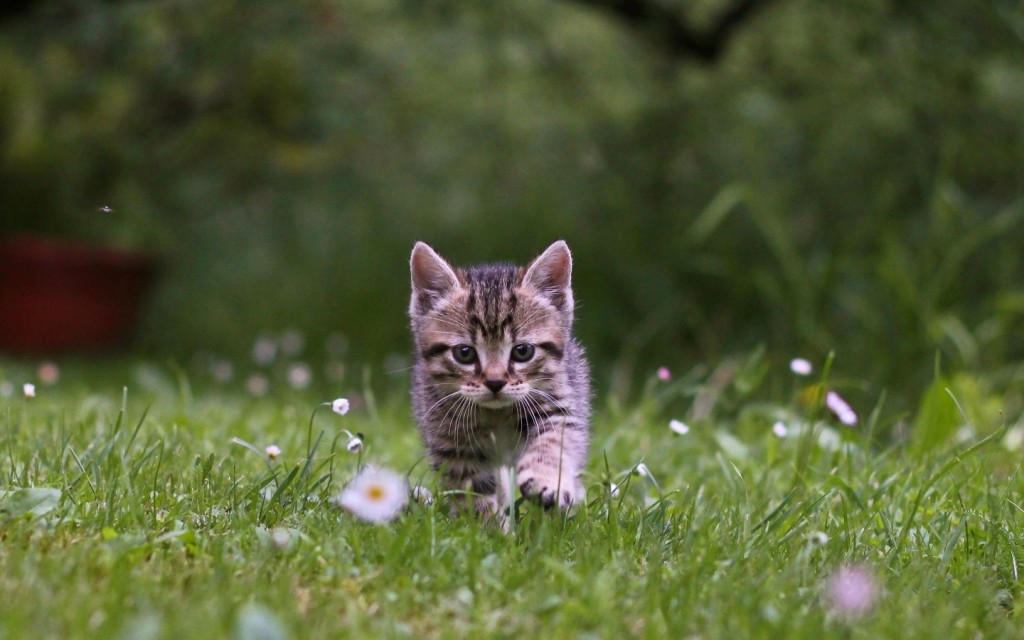
On a plane the other night, I read the cover article in the latest Atlantic about the dangers of over-parenting. The concept that parents have been over-protecting, over-scheduling, and over-hanging out with their kids for about a generation and a half has (finally) settled into popular discourse. The idea that you don’t need to — and shouldn’t — watch your kids so closely is not new, but it’s no longer a fringey idea.
The article opened with a report on The Land, a “junk playground” in Wales which is simply a huge expanse of barren acreage where kids can go run around, burn stuff, create fiefdoms, and wage wars with each other if they feel like it. There is no hand-sanitizer, no rubberized asphalt. There are no outlets. There are trees, sticks, non-deadly snakes, and no adults to blow whistles. (The Land is monitored by capable adults, however; the article quotes one of the supervisors describing what she does as “loitering with intent.”) There are water holes, ropes hanging from trees, and there’s a lot of mud when it rains. You can stay out all day, and kids do; they disappear for hours and hours.
I love this.
My childhood was extremely dangerous. My sisters and I lived on Meadowlark Farm, which was seven miles outside of town (eight from the nearest hospital.) Though “Meadowlark Farm” sounds benign/chipper, the reality is that that 80-acre land was hazard’s amusement park. There were rattlesnakes. There were undercurrents in Middle River. There was a forest — or “timber,” which is Iowanese for “forest.” There were actively harvested corn fields. There were crumbly shale banks, ginormous bugs, mud holes, gravel roads, large rusty objects frequently sticking out of the ground, bees, lawnmowers, and — wait for it — an abandoned cemetery across the road. I’m serious. And we had several sets of neighbors that were about two years out from being huge Kid Rock fans, if you get what I’m saying.
We were always two steps away from peril. And it made for some strong children.
Being exposed to risk is important for a kid. How else will you know you can do stuff? I’m not suggesting that any child should be in danger at the hands of adults — that’s called abuse or neglect. I’m talking about consensual risk-taking. I’m talking about, “Hey, kid, take your coat and this apple and this bottle of juice if you’re going out hiking all day.”
Which is just how my mom and dad handled things. As a result, my sisters and I, young as we were, were antifragle: we exposed to stressors that resulted in strength. We were good in an emergency (even if that “emergency” was that the crik was too low to cross in our usual spot.) We were physically healthy, which almost goes without saying. Our imaginations were almost freakishly developed and developing. Essentially, the joy of that sort of kid-rearing is that it yields children who are able to become decision-makers without constant guidance from some adult figure. Hovering adults think they know better and are helping. They might know something, but until there’s blood, actual stranger-danger, or engulfing flames…I tend to think kids don’t need that much help. Remember, before the Industrial Revolution, eight-year-olds were drinking beer, visiting brothels, and workin’ jobs. I’m not suggesting we return to the Triangle Shirtwaist Factory, but I do think a big field of rural nothingness on a cold autumn morning is about the best thing that ever happened to me (at least till I went to San Francisco on spring break my junior year in college.)
Please read the next post, “There Will Be Mud.” It is a story that illustrates my point and is hopefully as funny and painful to you as it is to me and my older sister Hannah.

